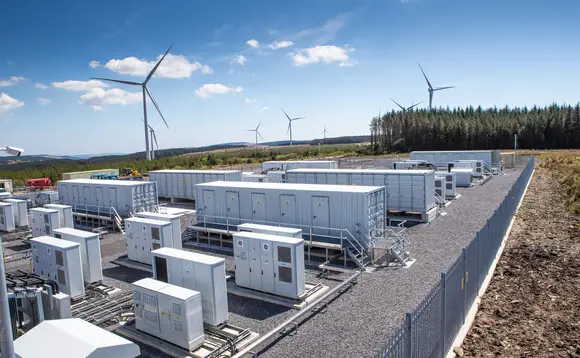Eskom, South Africa’s state-owned electricity utility is set to launch a tender for construction of a 1.4 gigawatt-hours battery energy storage system (“BESS”) in the country by the first or second quarter of next year.
This project, pending final governmental approval, is part of the US $1bn World Bank group global program to accelerate investments in battery storage for energy systems in developing and middle-income countries. The program is expected to ramp up South Africa’s use of renewables – particularly wind and solar power – improve energy security, increase grid stability and expand access to electricity.
The tender
The tender entails the construction, operation, and management of the BESS, as well as the provision of security for the operational sites.
The winning bidder is expected to verify Eskom’s technical studies and provide detailed designs for the battery plant. They should meet the ambitious construction deadlines, manage hazardous material generated by the project and provide product and performance guarantees for two decades.
In addition, the tender demands a minimum of 20% of local content requirement in the first phase of procurement, including subcontracting to be offered to local suppliers and skill development programs for local workers.
Also Read: Construction of Karusa and Soetwater wind farms in South Africa commence
Implementation of the project
Eskom has so far developed the BESS specifications, acquired sites, and secured environmental and regulatory approvals for the first phase of the project, which should achieve 200MW of distributed battery storage by December 2020. This phase will be funded by the World Bank together with the African Development Bank (AfDB).
The second phase, to be completed a year after the completion of phase one, will feature 160MW of distributed battery storage, together with an asset performance management system. European DFIs will supply more funding for this phase.
The completed BESS will have a daily capacity of 1.4 gigawatt-hours of energy output and it will be the first of its kind on the African continent.
